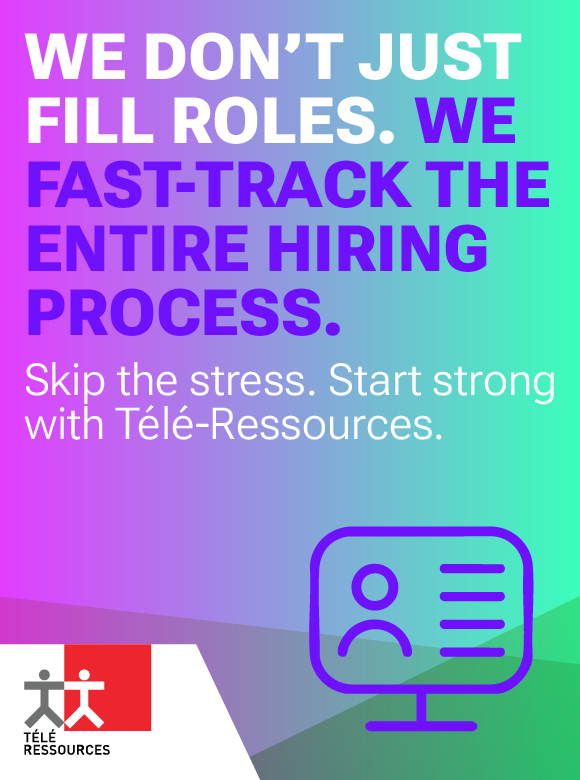4 Interview Techniques for Identifying Soft Skills
 While technical abilities may get a candidate in the door, soft skills often determine long-term success within an organization. For hiring managers, identifying these less tangible qualities during the interview process is critical, but not always straightforward. The following four techniques can help you uncover key soft skills like communication, adaptability, collaboration, and emotional intelligence during your hiring process.
While technical abilities may get a candidate in the door, soft skills often determine long-term success within an organization. For hiring managers, identifying these less tangible qualities during the interview process is critical, but not always straightforward. The following four techniques can help you uncover key soft skills like communication, adaptability, collaboration, and emotional intelligence during your hiring process.
1. Use Behavioural Interview Questions to Gauge Soft Skills
Behavioural questions are a proven way to assess how candidates have responded to real-life scenarios. By prompting candidates to describe past actions, you gain insights into traits such as leadership, resilience, teamwork, and conflict resolution.
Some examples of behavioural questions:
- Tell me about a time you had to adapt to a major change at work. What was the situation and how did you handle it?
- Can you describe a situation where you had to resolve a conflict with a colleague? What was your approach?
Look for responses that reflect self-awareness, accountability, and an ability to navigate interpersonal dynamics.
2. Incorporate Role-Playing Exercises
Role-playing can provide a more dynamic view of how a candidate communicates, solves problems, and manages pressure. These simulations put candidates in hypothetical scenarios relevant to the role, offering a glimpse into their behavior beyond prepared answers.
For example, you might simulate a difficult customer interaction or an internal team disagreement. Observe how the candidate listens, responds, asks clarifying questions, and proposes solutions. This technique is especially helpful for evaluating candidates in client-facing or leadership positions.
3. Leverage Peer Interviews to Evaluate Collaboration
Introducing peer interviews into your process allows potential hires to interact with team members they would actually work with. These conversations reveal how well a candidate communicates in a less formal setting and whether they demonstrate respect, curiosity, and adaptability.
Peers can ask scenario-based questions or engage in casual discussion to assess how naturally the candidate collaborates. Involving future colleagues also increases buy-in and helps determine team fit from multiple perspectives.
4. Assess Emotional Intelligence Through Situational Questions
Situational questions are ideal for evaluating a candidate’s emotional intelligence (EQ), their ability to recognize, manage, and respond to emotions in themselves and others.
Some examples of situational questions:
- What would you do if a team member shut down during a high-pressure project?
- How do you typically respond to receiving unexpected criticism?
Look for signs of empathy, active listening, and emotional regulation. High EQ candidates are more likely to build trust, navigate workplace challenges, and contribute to a positive culture.


